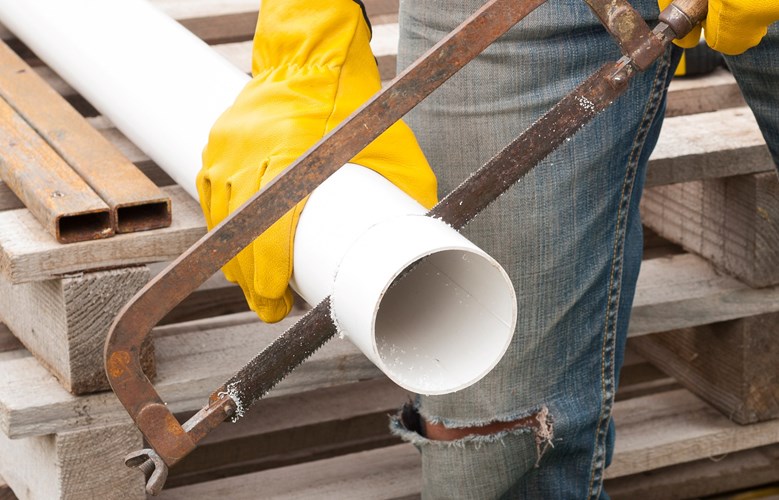Protect Your Multi-Family Property with Expert Gutter Installation
By Joe LeVecchi
Is it time for your building to get new gutters? Gutter systems for multi-family properties tend to experience larger than average wear and tear only because the structure (and water flow) they need to support is larger. But well-working gutters are necessary to protect your building.
Here's what you need to know about commercial gutters.
Protect Your Roof from Water Damage, Leaks, and Mold
Gutters do more than it may seem at first. Most people don't even notice their gutter system until something is clogged or something has gone wrong. A good gutter system will:
- Protect your roof. Without gutters, water collects on the roof rather than running off. Over time, this water can penetrate through the roof, leading to leaks throughout the structure of your property. As leaks occur, mold and mildew can start to grow, which can be dangerous to air quality and difficult to get rid of.
- Protect your siding. Without gutters, rain water drips directly down the side of your commercial building. This increases the general water levels, leading to potential damage and leaks, and (again) encouraging the growth of mold and mildew. This isn't just a problem for the health of your structure: it's also an aesthetic issue. No one wants to go into a commercial building that's growing mold!
- Protect your foundation. Where does water end up if you don't have gutters, or your gutters aren't working? Often, around your foundation. Your commercial gutter installation will route water away from your building, so it passes harmlessly into the ground around it. Otherwise the water is going to sit around your foundation, eventually breaking into your foundation, and causing water damage.
It's easy to see why gutters are worthwhile to maintain and install. Rain gutters aren't always necessary on houses because of the slanted roofs, but they're nearly always necessary on commercial buildings. Otherwise serious water damage can occur throughout the structure of the property, which will cost a lot to mitigate.
Types of Gutter Installation
Now you need to determine the type of gutter you want for your multi-family property. Box gutters are the most common type of gutter, which are large canals that are situated around the roof. U-shaped gutters are what most home residences use, but they're generally not suitable for commercial use because they aren't large enough. A small commercial building or multi-family property may be able to use traditional U-shaped gutters.
The size of the gutter is going to be important, depending on the amount of drainage expected. Your location (and regular rainfall) and the building's size is going to contribute to the size of gutter you need.
Finally, you will need to choose the material. Most commercial gutters come in either steel or aluminum. Steel gutters are durable and heavy, and a little more difficult to install, but generally longer-lasting. Aluminum is lightweight and easy to install, but it's more likely to be damaged over time. Copper is also an option—it's a bit expensive but very attractive, and over time develops a distinctive patina.
While vinyl gutters are frequently installed in residential properties, they usually aren't suitable for commercial use because they aren't durable enough.
It's time to make sure your gutters are in order. If you're unsure about your needs, feel free to schedule a consultation. At Exterior Medics, we specialize in the maintenance, installation, and replacement of all types of residential and commercial gutters for multi-family properties, and we're happy to offer guidance on a variety of projects.